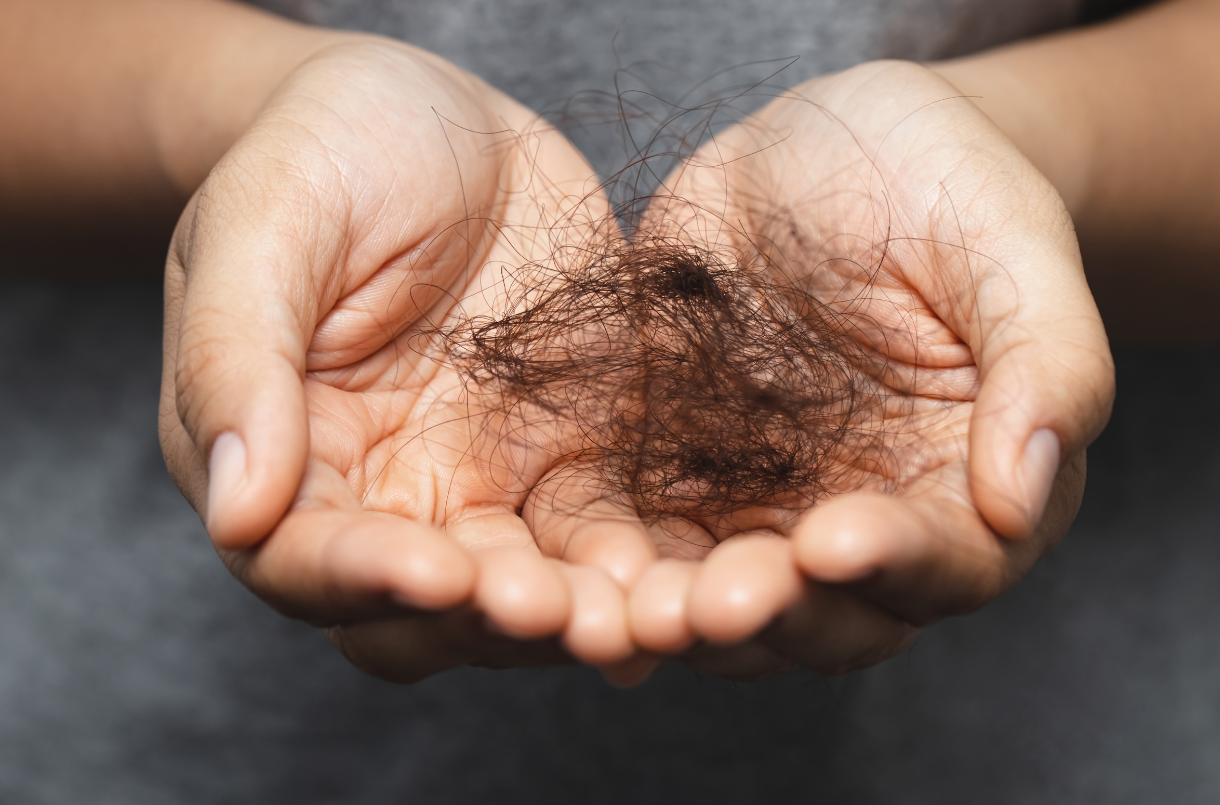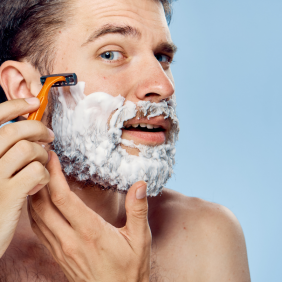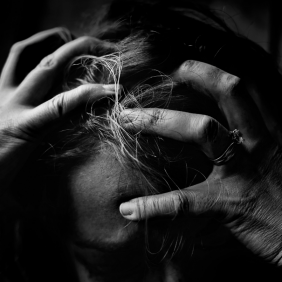We daily lose from 50 to 150 hairs: we leave them on our pillows, in showers and even on our hands as we stroke our hair… There is nothing disturbing in this phenomenon, as hair loss is just a part of its natural growth cycle. Problems start when the hair loss is caused by disturbances in your body’s balance or when balding tendencies are genetically conditioned. Then is the time to have a close look at your hair!
Three stages of hair growth
During a year our hair grows by ca. 12-18 cm and it undergoes random growth and loss cycles along the way. The body does not necessarily replace each hair that is lost with a new one, but as long as the number of lost hairs is similar to those growing new, you should not be concerned. The hair growth cycle consists of three phases: anagen, catagen, and telogen. The first of these, the anagen phase, is often simply called the growth phase. Cells in the hair follicles keep dividing intensely thus allowing your body to “produce” new hair. At this stage your hair grows very fast (even up to 1 cm a month) and stays active for 2-6 years. Between the growth and resting phase, the hair is in the catagen phase. This is a transition stage in which the growth stops and the hair is pushed towards the skin. The last hair growth phase is that of telogen. During this phase the hair goes into a state of rest, it does not grow and daily loss is in the above-mentioned 50-150 range. This phase lasts for ca. three months and a half and during it the root leaves the follicle empty to make space for new hair.
Stress-induced telogen
Hair loss may be influenced by various factors such as drugs, infections, age, genetic factors or even daily stress. Intense and long-lasting stress significantly influences normal growth, thus increasing the number of hairs entering the telogen phase, which results in turn in an excessive loss. In such situations, areas with reduced hair density emerge. It is worth stressing that this phenomenon may be only temporary and improving the condition of your nervous system may result in stopping the hair loss, improving its quality even spontaneously (without treatment).
Help in hair loss
Never make a diagnosis without consulting a doctor. We tend to blame stress, but remember that it is only one of the numerous factors that might contribute to hair loss. You should leave the diagnosis to a specialist as in balding problems time plays a crucial role. If you consult a doctor too late and thus start treatment at an advanced stage, popular methods may prove ineffective.



